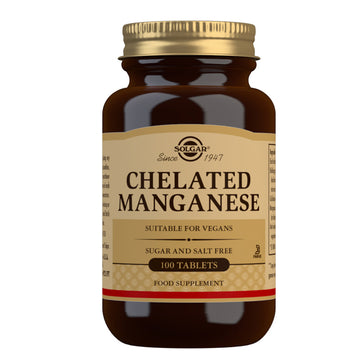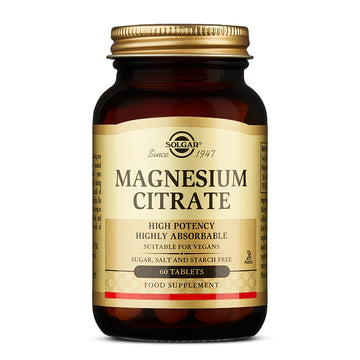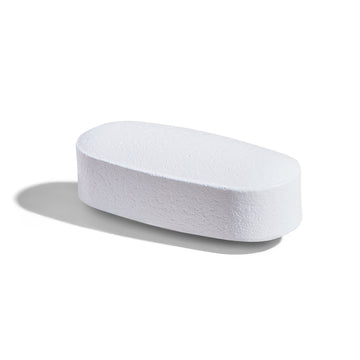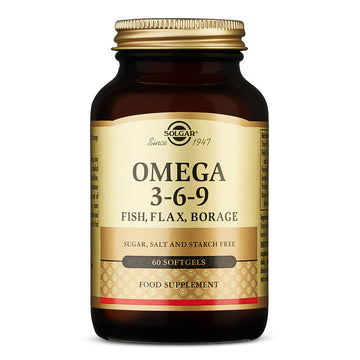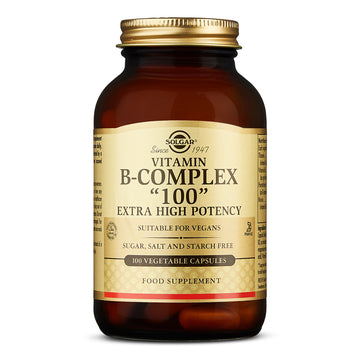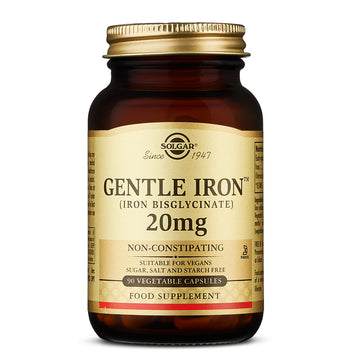Your 20s and 30s are a pivotal time both in life and for your body.
As you age, you change — and so do your nutritional needs. But choosing the right supplements often feels overwhelming.
Let’s take a look at some important nutrients you need in your 20s and 30s.
1. VITAMIN D
Vitamin D is often called the “sunshine vitamin” because your body absorbs most of its vitamin D through sunshine. That means that if you spend most of your days inside, live in a cooler climate, or even wear sunscreen everyday (which you should!) you may not get adequate vitamin D.
Throughout your 20s, your body is building bone density. This is an important time to focus on bone health because you will reach your peak bone mass by your late 20s. “Peak bone mass” refers to the maximum size and strength your bones will achieve.
Taking a vitamin D supplement in your 20s supports bone health and helps your bones achieve optimal peak bone mass.
2. MAGNESIUM
Many people in their 20s and 30s are looking for ways to support energy, relieve occasional stress, and support bone health — all things that magnesium can help support.
Magnesium is an important mineral that plays a role in over 300 enzyme reactions in the body. It is essential for bone mineralization, helps muscle contraction and relaxation, and supports energy metabolism in the body.
3. OMEGA-3 FATTY ACIDS
You may not think much about heart health in your 20s and 30s, but you should. A significant number of adults fail to meet the recommendations for essential fatty acids intake.
Omega-3 fatty acids are important for supporting cardiovascular health. They also help support healthy skin — a priority for many people in their 20s and 30s.
4. B-VITAMINS
B-vitamins are important for all stages of life, but particularly in your 20s and 30s. B-vitamins can help you manage stress and support daily energy. They also help maintain healthy hair, skin, and nails, which is important for many people at this stage of life.
These also tend to be your childbearing years, and if you’re trying to get pregnant, it is important to get enough vitamin B9, also known as folic acid.
5. IRON
Iron deficiency is one of the most common nutrient deficiencies in the world, affecting more than 25% of people. 5 Women of childbearing age are even more susceptible to low iron status due to the iron that is lost during menstruation.
Iron is a mineral that the body needs for growth and development. Your body uses iron to make hemoglobin, a protein in red blood cells that carries oxygen from the lungs to all parts of the body, and myoglobin, a protein that provides oxygen to muscles. Your body also needs iron to make some hormones
Conclusion
Your 20s and 30s are a unique stage of life, and taking the right supplements can help you feel your best. Vitamin D, magnesium, omega-3 fatty acids, B-vitamins, and iron are all important vitamins and supplements you may need.
Are you looking for more nutritional advice? Then read our blog 'Why We Need Essential Fatty Acids'.




